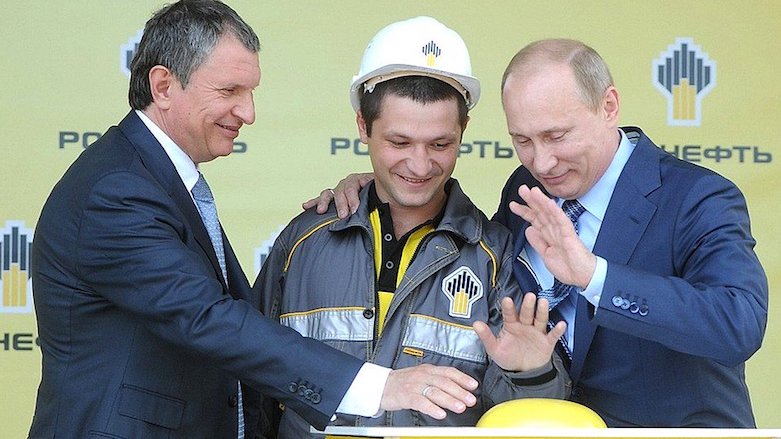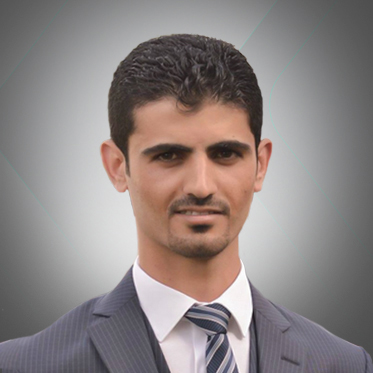KRG-Rosneft pipeline supplies 20 billion cubic meters of gas to Europe, Turkey

ERBIL (Kurdistan 24) – Russian state-owned petroleum giant Rosneft plans to export 20 billion cubic meters (bcm) of gas to Europe and Turkey soon amid the company’s continuous challenge of its domestic rival Gazprom.
On May 25, Rosneft announced the signing of an agreement with the Kurdistan Regional Government’s (KRG) Ministry of Natural Resource to develop its oil and gas infrastructure, including the design of a new gas pipeline.
“This is a key project to the monetization of the exploration and production opportunities Rosneft has been evaluating since signing a Gas Cooperation Agreement with the [KRG],” a statement released by the Russian company said, referring to the pipeline plans.
KRG and Rosneft have not disclosed potential gas export volumes or destinations yet.
However, according to two sources, the gas pipeline Rosneft is planning to build with the KRG has the capacity of up to 30 bcm per year when it begins operation in 2020 and onward, the Arab Times said in a Monday report.
The gas pipeline will have the capacity of supplying up to 10 bcm of gas to Turkey and nearly 10 bcm to Europe, the sources reveal.
The report adds that the KRG had previously offered the pipeline project to Gazprom, but the deal was never finalized, paving the way for Rosneft to expand its operation in the Kurdistan Region beyond oil.
Through companies like Rosneft, Moscow is now the largest petroleum investor in the Middle East and appears poised to continue to increase its market share throughout the region, including Kurdistan.
In October 2017, the Russian state-owned company signed major contracts with the KRG to develop five oil blocks.
Despite escalating tensions in the region, both Rosneft and Russian President Vladimir Putin have affirmed their commitment to investing in Kurdistan, claiming they see “no roadblocks” in strengthening ties.
Editing by Karzan Sulaivany
